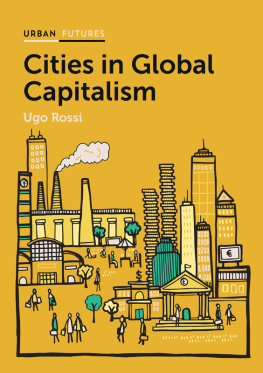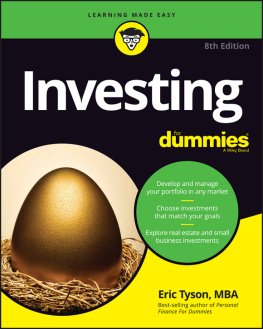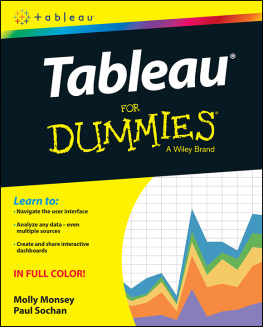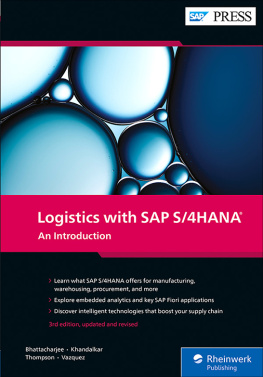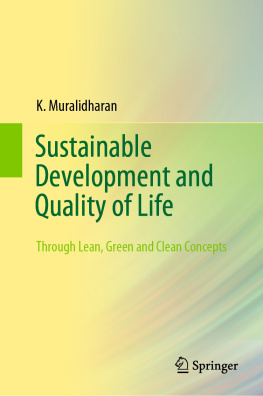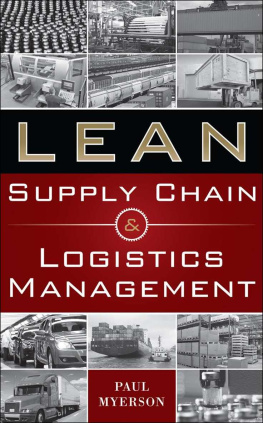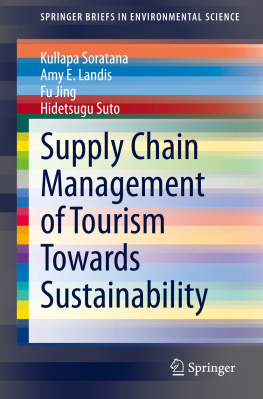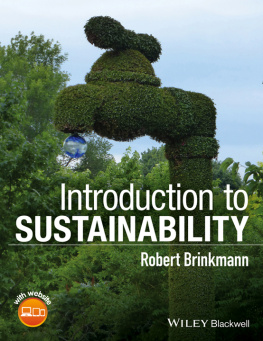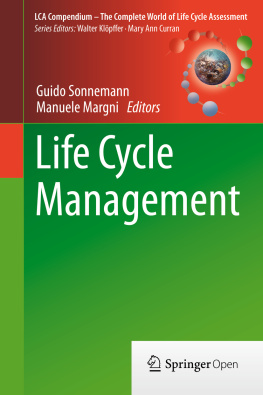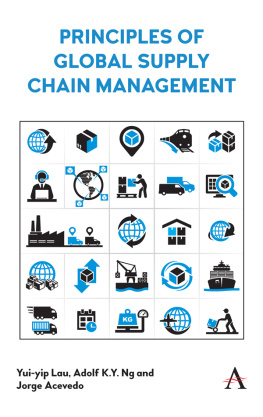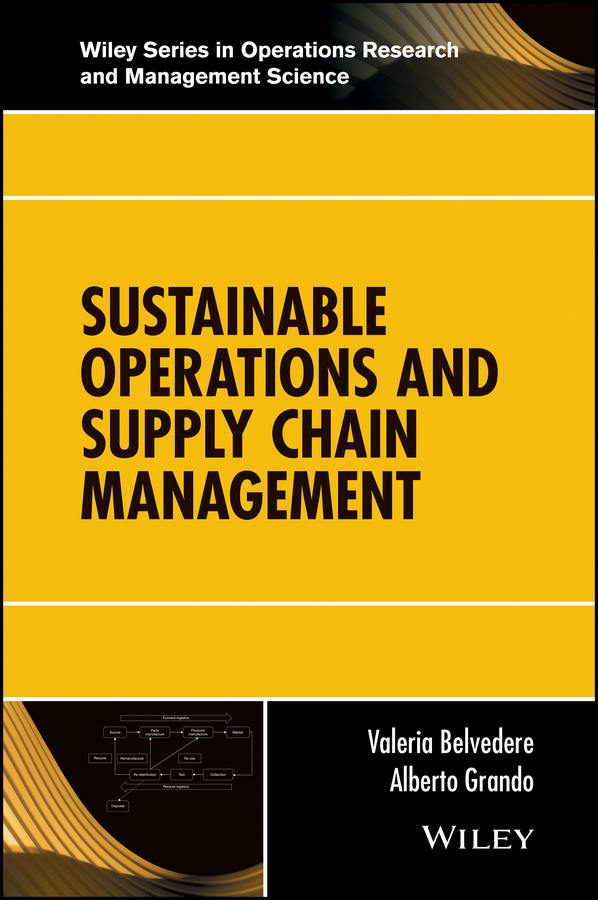
Table of Contents
List of Tables
- Chapter 01
- Chapter 03
- Chapter 04
- Chapter 05
- Chapter 06
- Chapter 08
List of Illustrations
- Chapter 01
- Chapter 02
- Chapter 03
- Chapter 04
- Chapter 05
- Chapter 06
- Chapter 07
- Chapter 08
Guide
Pages
Wiley Series in
Operations Research and Management Science
A complete list of the titles in this series appears at the end of this volume.
SUSTAINABLE OPERATIONS AND SUPPLY CHAIN MANAGEMENT
VALERIA BELVEDERE
Catholic University of the Sacred Heart, Milan, Italy
ALBERTO GRANDO
Bocconi University SDA Bocconi School of Management, Milan, Italy
This edition first published 2017
2017 John Wiley & Sons Ltd
Registered office
John Wiley & Sons Ltd, The Atrium, Southern Gate, Chichester, West Sussex, PO19 8SQ, United Kingdom
For details of our global editorial offices, for customer services and for information about how to apply for permission to reuse the copyright material in this book please see our website at www.wiley.com.
The right of the author to be identified as the author of this work has been asserted in accordance with the Copyright, Designs and Patents Act 1988.
All rights reserved. No part of this publication may be reproduced, stored in a retrieval system, or transmitted, in any form or by any means, electronic, mechanical, photocopying, recording or otherwise, except as permitted by the UK Copyright, Designs and Patents Act 1988, without the prior permission of the publisher.
Wiley also publishes its books in a variety of electronic formats. Some content that appears in print may not be available in electronic books.
Designations used by companies to distinguish their products are often claimed as trademarks. All brand names and product names used in this book are trade names, service marks, trademarks or registered trademarks of their respective owners. The publisher is not associated with any product or vendor mentioned in this book.
Limit of Liability/Disclaimer of Warranty: While the publisher and author have used their best efforts in preparing this book, they make no representations or warranties with respect to the accuracy or completeness of the contents of this book and specifically disclaim any implied warranties of merchantability or fitness for a particular purpose. It is sold on the understanding that the publisher is not engaged in rendering professional services and neither the publisher nor the author shall be liable for damages arising herefrom. If professional advice or other expert assistance is required, the services of a competent professional should be sought.
Library of Congress Cataloging-in-Publication Data
Names: Belvedere, Valeria, 1973 author. | Grando, Alberto, 1957 author.
Title: Sustainable operations and supply chain management / Valeria Belvedere, Alberto Grando.
Description: Hoboken : Wiley, 2017. | Series: Wiley series in operations research and management science | Includes bibliographical references and index.
Identifiers: LCCN 2016036070 (print) | LCCN 2016037822 (ebook) | ISBN 9781119284956 (cloth) | ISBN 9781119285366 (pdf) | ISBN 9781119285373 (epub)
Subjects: LCSH: Sustainable development. | Business logistics.
Classification: LCC HC79.E5 B4455 2017 (print) | LCC HC79.E5 (ebook) | DDC 658.5dc23
LC record available at https://lccn.loc.gov/2016036070
A catalogue record for this book is available from the British Library.
DEDICATION
We have only one planet. There is no plan B because there is no planet B.
Ban Ki Moon, 2015
To our daughters
Giulia and Carla,
Margherita and Chiara,
who will live in the planet we will be able to give them.
PREFACE
The increasing relevance of the debate on the future of our planet is witnessed by the high number of claims and speeches recently pronounced, among which the following seem to be particularly meaningful:
In rising to the climate challenge, we can set the world on a sustainable footing for generations to come, and lay the foundation for prosperity and security for all We have only one planet. There is no Plan B because there is no planet B.
Ban Ki Moon, United Nations General Secretary, on the first day of the final week of the 21st UN Climate Summit, December 7, 2015.
I urgently appeal, then, for a new dialogue about how we are shaping the future of our planet. We need a conversation which includes everyone, since the environmental challenge we are undergoing, and its human roots, concern and affect us all. Some forms of pollution are part of peoples daily experience. Exposure to atmospheric pollutants produces a broad spectrum of health hazards, especially for the poor, and causes millions of premature deaths. Technology, which, linked to business interests, is presented as the only way of solving these problems, in fact proves incapable of seeing the mysterious network of relations between things and so sometimes solves one problem only to create others.
Pope Francis, encyclical letter Laudato Si On Care for our Common Home, May 24, 2015.
Unsafe and poor working conditions lead to significant social and economic losses and are linked to environmental damage. Given our prominent share in the globalisation process, G7 countries have an important role to play in promoting labour rights, decent working conditions and environmental protection in global supply chains. We will strive for better application of internationally recognised labour, social and environmental standards, principles and commitments (in particular UN, OECD, ILO and applicable environmental agreements) in global supply chains. We will engage with other countries, for example within the G20, to that end.
G7 Leaders Declaration on Responsible Global Supply Chains, G7 Summit at Schloss Elmau, Germany, June 78, 2015.
We have a moral obligation to leave our children a planet thats not polluted or damaged. The effects of climate change are already being felt across the nation. Extreme weather events from more severe droughts and wildfires in the West to record heat waves and sea level rise are hitting communities across the country. In fact, 14 of the 15 warmest years on record have all occurred in the first 15 years of this century and last year was the warmest year ever. The most vulnerable among us including children, older adults, people with heart or lung disease, and people living in poverty are most at risk from the impacts of climate change. Taking action now is critical.
President Obamas announcement on the Clean Power Plan, August 3, 2015.
We will unwaveringly pursue a strategy of sustainable development and stay committed to green, low-carbon and circular development and Chinas fundamental policy of conserving resources and protecting the environment. In promoting green development, we also aim to address climate change and overcapacity.. We will meet the peoples aspirations for a better life, raise their living standards and the quality of their lives, improve the public services system and enlarge the middle-income group. With more attention paid to equity and fairness, we will make the pie bigger and ensure that people get a fair share of it. We will resolve the most pressing problems affecting the immediate interests of the people to their satisfaction.
Next page

